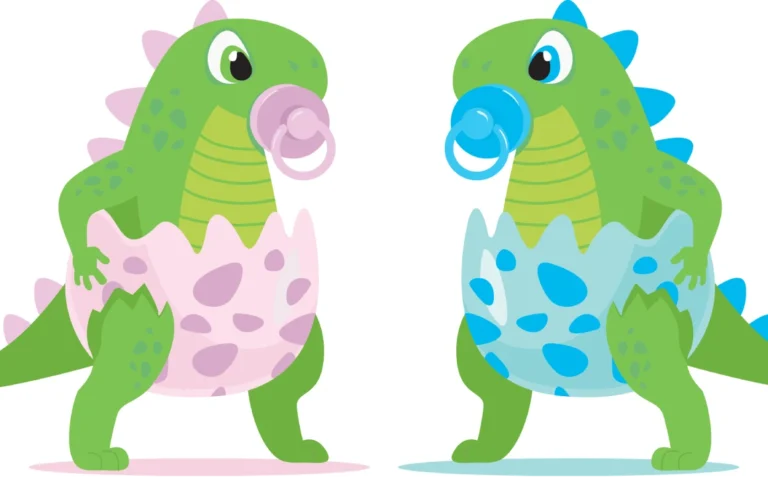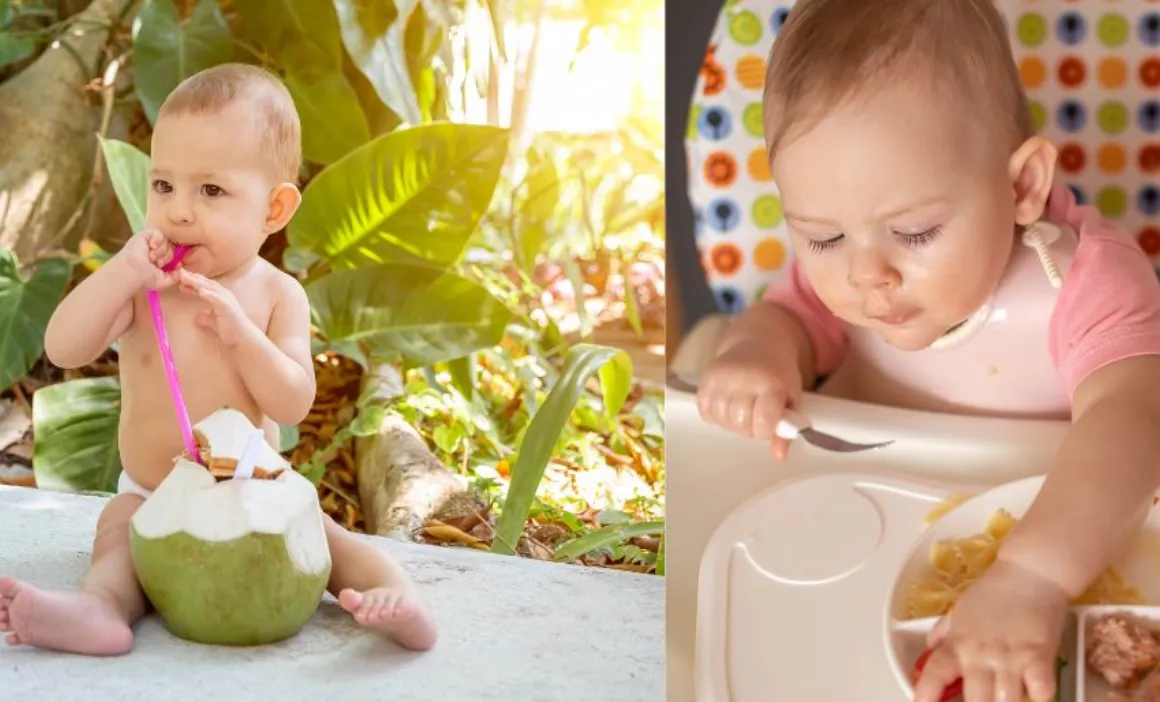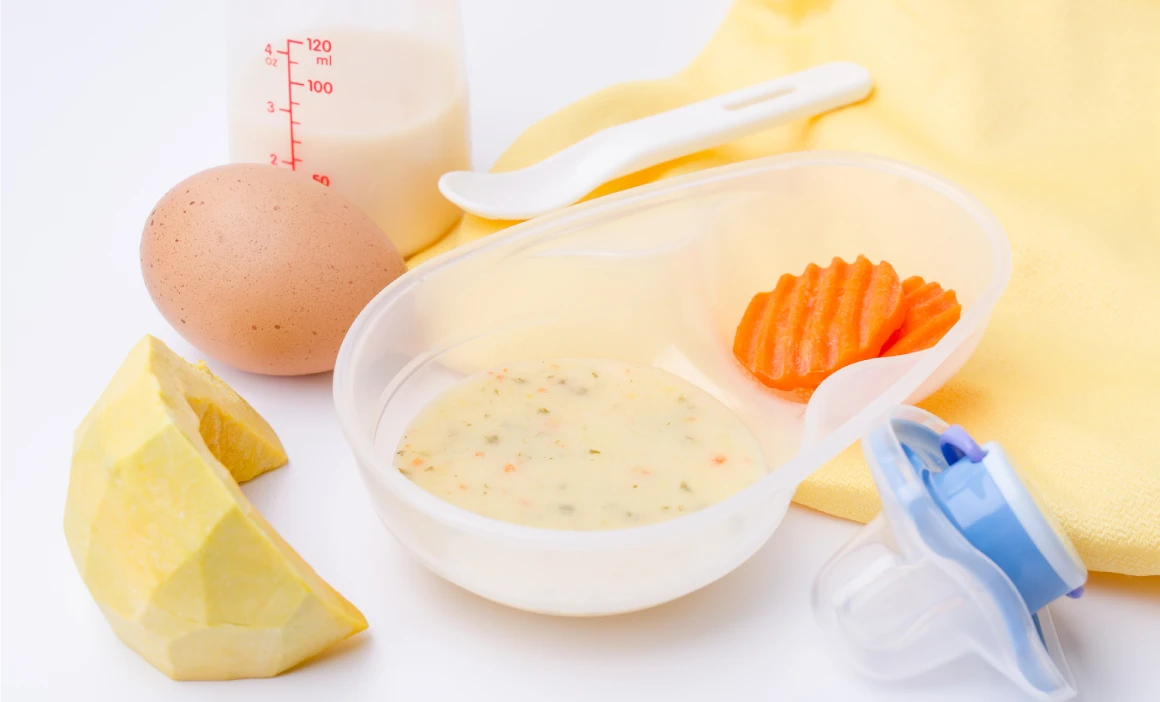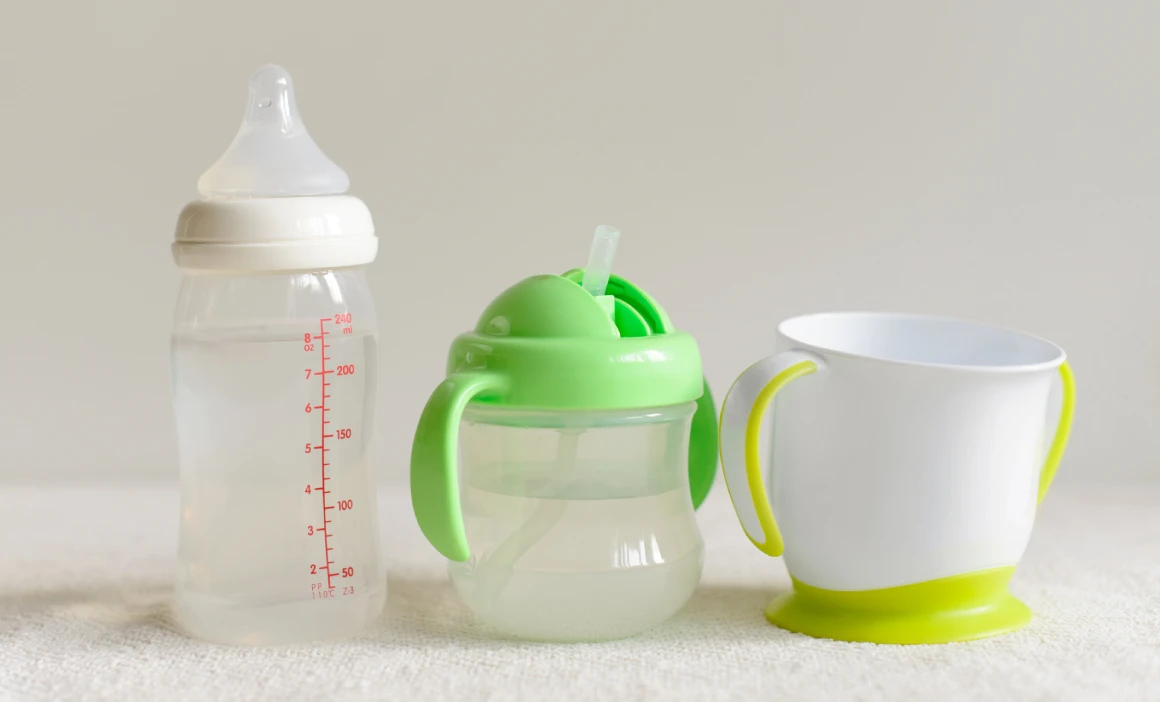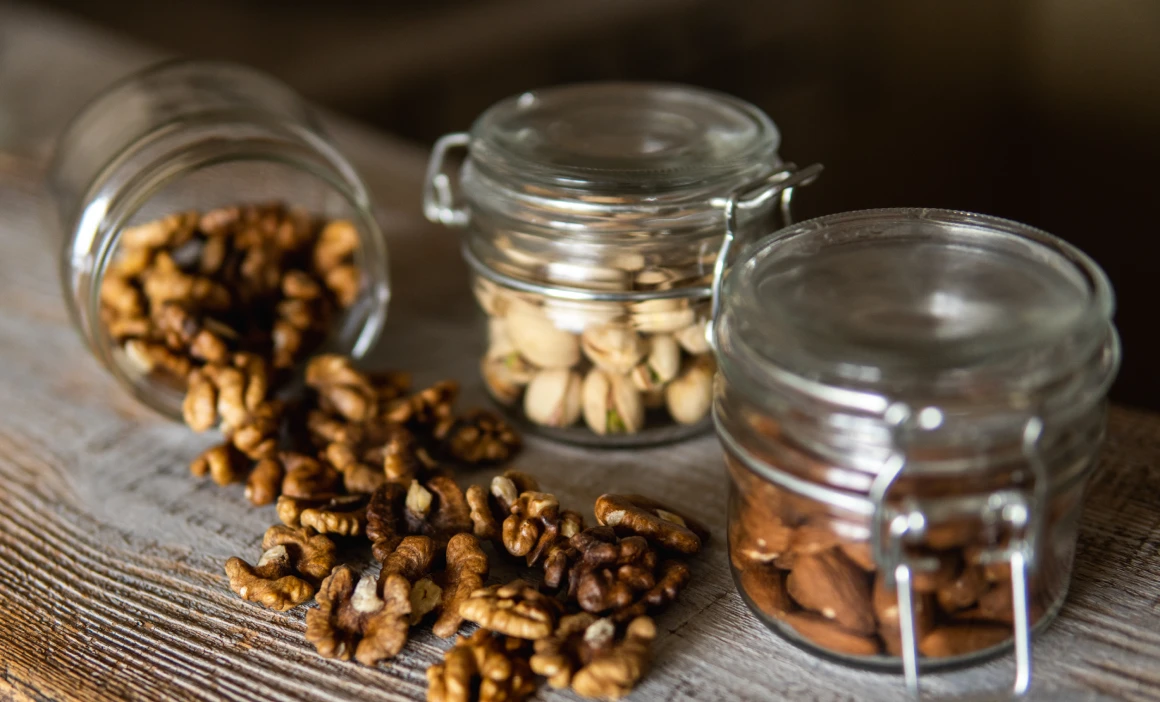
Baby Foods to Avoid in the First Year (and When They’re Safe to Introduce)
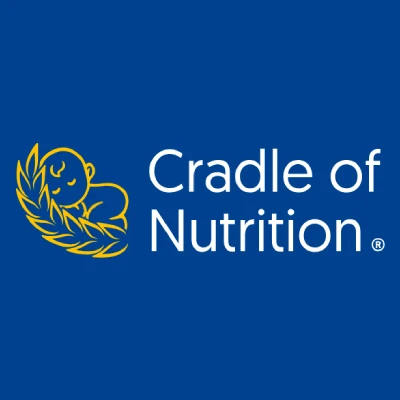
Cradle of Nutrition
- 3 minutes read
Introducing your baby to solid foods is one of the most exciting and meaningful parts of early parenthood. Watching your little one explore new tastes and textures is both heartwarming and essential for their development. But just as there are great first foods, there are also baby foods to avoid during the first year for safety and health reasons.
This guide offers clear, evidence-based information on which foods are not safe for babies under one, why they are restricted, and when it’s appropriate to introduce them. Whether you’re starting solids or refining your baby’s menu, this list will help you avoid common mistakes and keep feeding time worry-free.
🚫 Foods to Avoid Before Age One
1. Honey
Why avoid: Honey can contain spores of Clostridium botulinum, which may lead to infant botulism—a rare but serious illness.
When it’s safe: After 12 months, once your baby’s digestive system is more developed.
2. Cow’s Milk as a Main Drink
Why avoid: High protein and mineral levels can stress a baby’s kidneys and it’s low in essential nutrients like iron.
When it’s safe: Introduce cow’s milk as a drink after 12 months. Use in recipes (like oatmeal or pancakes) from 6 months.
3. Whole Nuts and Chunky Nut Butters
Why avoid: Choking hazard due to size, shape, and texture.
When it’s safe:
- Whole nuts: Not before age 4.
- Smooth nut butters (thinned): Safe after 6 months with no family allergy history.
4. Salt
Why avoid: Babies can’t process excess sodium, which may harm developing kidneys.
When it’s safe: Avoid adding salt until after age 1. Even then, keep it minimal.
5. Added Sugar & Sugary Foods
Why avoid: Linked to tooth decay, poor diet, and obesity risk.
When it’s safe: Ideally, delay added sugars until after age 2. Stick with fresh fruits.
6. Unpasteurized Dairy and Juices
Why avoid: Risk of bacterial infections (like E. coli and Salmonella).
When it’s safe: After 12 months. Always choose pasteurized options.
7. Processed and Packaged Foods
Why avoid: Often high in salt, sugar, and preservatives—none of which are suitable for babies.
When it’s safe: Limit or avoid entirely. Homemade, whole foods are best even after age 1.
8. Fish High in Mercury
Why avoid: Mercury is toxic to developing brains and nervous systems.
When it’s safe: Introduce low-mercury fish like salmon after 6 months. Avoid high-mercury fish (shark, swordfish) until at least age 2.
9. Raw or Undercooked Eggs, Meat, and Seafood
Why avoid: May carry foodborne pathogens like Salmonella or Listeria.
When it’s safe: Fully cooked versions are safe after 6 months. Raw options should be delayed until at least age 5.
✅ Bonus Tips for Safer Baby Feeding
- Begin with iron-rich foods: After 6 months, babies need more iron. Start with fortified cereals, lentils, or soft meats.
- Introduce one food at a time: This helps identify allergies.
- Avoid common choking hazards: Grapes, hot dogs, popcorn, and hard raw vegetables should be cut, cooked, or avoided.
- Supervise meals: Always watch your baby while they eat.
- Skip sugary drinks and snacks: Offer water and fresh fruit instead of juice or sweetened snacks.
- Model healthy eating: Babies are more likely to eat what they see you enjoying.
Final Thoughts on Foods to Avoid for Babies Under One
Feeding your baby doesn’t have to be stressful. With the right knowledge, you can confidently avoid foods that pose choking hazards, allergy risks, or health concerns in the first year.
Every child is different, and recommendations may vary slightly based on family history and pediatric advice. Always consult with your pediatrician before making significant changes to your baby’s diet.
By choosing safe, nutritious, and developmentally appropriate foods, you’re setting the stage for a healthy relationship with food that can last a lifetime.
By Erika Barabás
Helpful resources:

